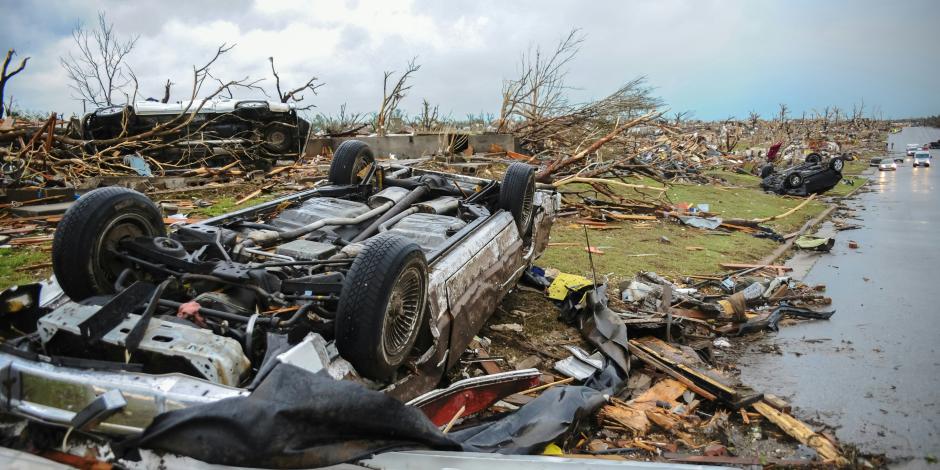The following exercises in Business Spotlight Übungsheft (p. 11) are based on the article “Professor Lucy Easthope – Dealing with disaster” (Profile, pp. 14). Here, we provide you with an excerpt from the article.
Click here to open the excerpt
Dealing with disaster
When things go wrong, it’s good to have someone with a cool head who can make the right decisions. Professor Lucy Easthope is Britain’s go-to person when disaster strikes. She has advised on what to do during numerous disasters, including the 2004 tsunami in Asia, the 9/11 terrorist attacks and the 2017 fire in London’s Grenfell Tower, in which 72 people died. Easthope also advised on the Covid-19 pandemic and the war in Ukraine, but until her memoir, When the Dust Settles, was published, in 2022, she was relatively unknown even in the UK.
Her job involves preparing for disasters as well as supporting the recovery, dealing with victims and their families, and managing the trauma of disasters. “Police and local responders might only see a major incident … once in their career,” Easthope wrote in The Guardian. “I have seen them over and over again: nuclear incidents, chemical attacks, pandemics, food shortages, fuel shortages, train and plane crashes, volcanoes and tsunamis.”
Easthope’s memoir is not easy reading. It describes the smell of a mass mortuary, the stress suffered by emergency responders and lists personal items left behind by the victims. As critics have pointed out, such descriptions may be ghoulish, but they cause people to think about how the treatment of the disaster dead might make the suffering of victims’ families worse.
Helping to heal
Born in Liverpool in 1978, Easthope says her interest in her career began when she was ten years old and watched news reports of the Hillsborough disaster, in which 97 people died in a crowd crush in a football stadium in 1989. Some of her own classmates were at the match that day. “Why is no one helping?” she asked her father.
After studying law at university, Easthope worked as a TV researcher, but already knew she wanted to work in disaster relief. Today, she lives in Shropshire, in the west of England, and works as a visiting research fellow at the University of Bath. Anyone who deals with such highly traumatic events professionally needs a grounded private and family life to act as a counterweight.
However, Easthope says that going home from a disaster site is very difficult. “The hardest thing has always been separating, coming away from that, and having to reintegrate into society.”
Neugierig auf mehr?
Dann nutzen Sie die Möglichkeit und stellen Sie sich Ihr optimales Abo ganz nach Ihren Wünschen zusammen.



